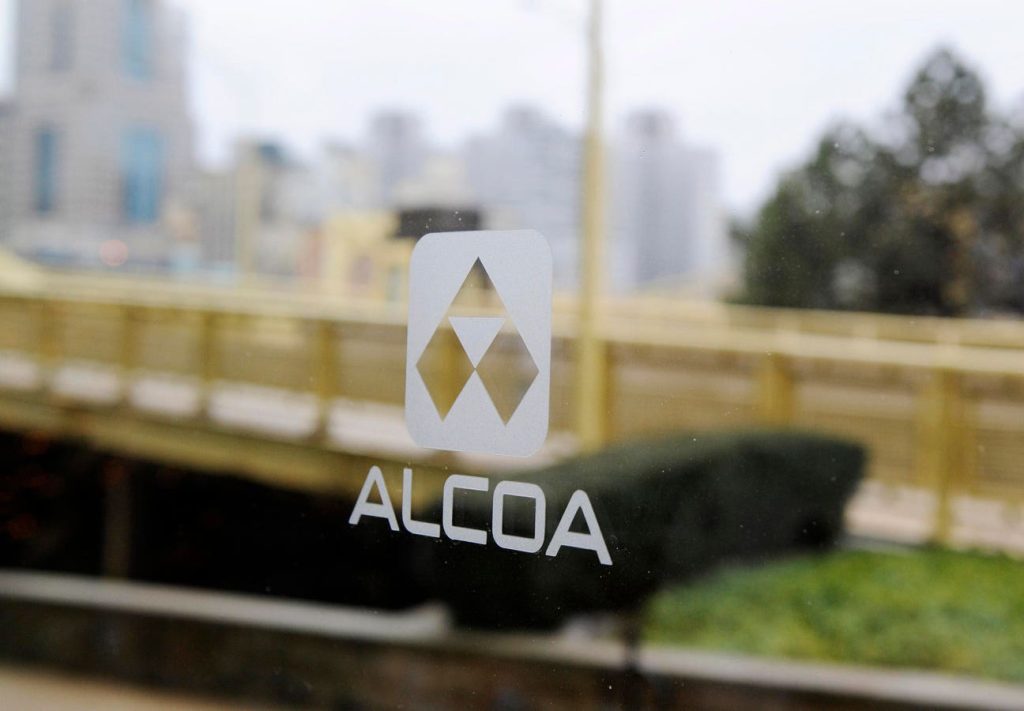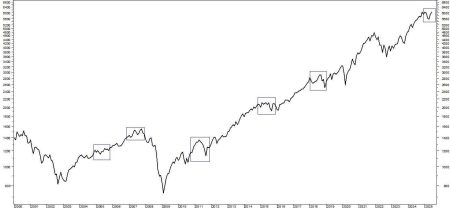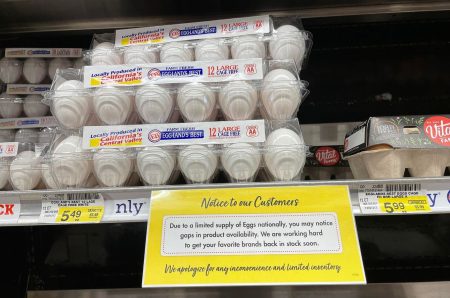Alcoa, a leading producer of aluminum and alumina, has experienced a significant stock price decline of nearly 60% since its peak in March 2022, a much steeper drop compared to its competitors and the broader market. This decline can be attributed to a confluence of macroeconomic factors, primarily the downturn in aluminum prices, which have fallen from approximately $4,000 per metric ton in March 2022 to around $2,580 currently. The slump in aluminum prices is linked to several global events, including China’s stringent COVID-19 lockdowns in early 2022, which significantly hampered its manufacturing and construction sectors, thus reducing demand for aluminum. While the Chinese economy has shown signs of recovery, the lingering effects of the pandemic and shifting industrial priorities have prevented a full rebound in aluminum demand. Furthermore, the energy-intensive nature of aluminum production has been impacted by the volatility in energy prices, particularly natural gas and electricity, exacerbated by geopolitical events like the Russia-Ukraine war.
Alcoa’s financial performance reflects the challenges posed by these macroeconomic headwinds. The company’s EBITDA has plummeted from $2.2 billion in 2022 to $0.5 billion in 2023, accompanied by a roughly 15% decline in revenues over the same period. This weaker performance is primarily a result of lower realized prices for aluminum and alumina, coupled with higher production costs, particularly within the alumina segment. This combination of falling prices and rising costs has squeezed Alcoa’s profit margins and contributed to the decline in its stock price. The pressure on earnings underscores the vulnerability of cyclical industries like aluminum production to fluctuations in global commodity prices and economic activity.
Despite the recent struggles, there are reasons for optimism regarding Alcoa’s future prospects. The company has demonstrated positive operational trends, including an eight consecutive quarter increase in aluminum production, culminating in a 3% sequential increase to 559,000 metric tons in Q3 2024. This increased production, combined with rising alumina prices and relatively low raw material costs, has led to a substantial improvement in EBITDA, a trend expected to continue in the coming quarters. Alcoa’s net income has also rebounded, increasing from $30 million in Q2 2024 to $135 million in Q3 2024, with a corresponding rise in EPS from $0.16 to $0.57. These positive financial indicators suggest that Alcoa is effectively navigating the challenging market conditions and capitalizing on favorable pricing dynamics.
Furthermore, Alcoa’s strategic acquisition of Alumina Ltd. on August 1, 2024, has significantly expanded its exposure to the alumina market. This acquisition has increased Alcoa’s third-party sales from 2 million metric tonnes to approximately 6 million metric tonnes, strengthening its position in the alumina market. The consolidation of the two companies’ tax structures is also expected to generate cash tax savings of around $100 million over the next 12 to 18 months, further bolstering Alcoa’s financial position. This acquisition represents a significant strategic move for Alcoa, enhancing its market presence and creating opportunities for increased profitability.
The long-term outlook for aluminum demand remains positive, driven by the metal’s crucial role in various industries undergoing significant transformation. Aluminum is a key component in the automotive, aerospace, construction, packaging, and renewable energy sectors, all of which are experiencing growth driven by technological advancements and evolving consumer preferences. The global shift towards greener technologies, particularly in the automotive and renewable energy sectors, is expected to further fuel aluminum demand. Alcoa is well-positioned to benefit from this anticipated growth, given its strong balance sheet, primarily U.S.-based operations offering lower energy costs compared to European competitors, and ongoing initiatives to improve operational efficiency and reduce costs.
Alcoa’s proactive steps to enhance its sustainability profile, including reducing carbon emissions and investing in green technologies, are also expected to contribute to long-term profitability. As consumer demand for sustainable products continues to rise, Alcoa’s commitment to environmentally responsible practices will likely become a competitive advantage, attracting investors and customers alike. Considering these positive factors, Alcoa is viewed as undervalued, with a projected stock price of around $46 per share, representing a potential 25% upside from its current market price. This positive outlook is based on the company’s operational improvements, strategic acquisitions, and the anticipated long-term growth in aluminum demand, positioning Alcoa for a potential recovery and future growth.










